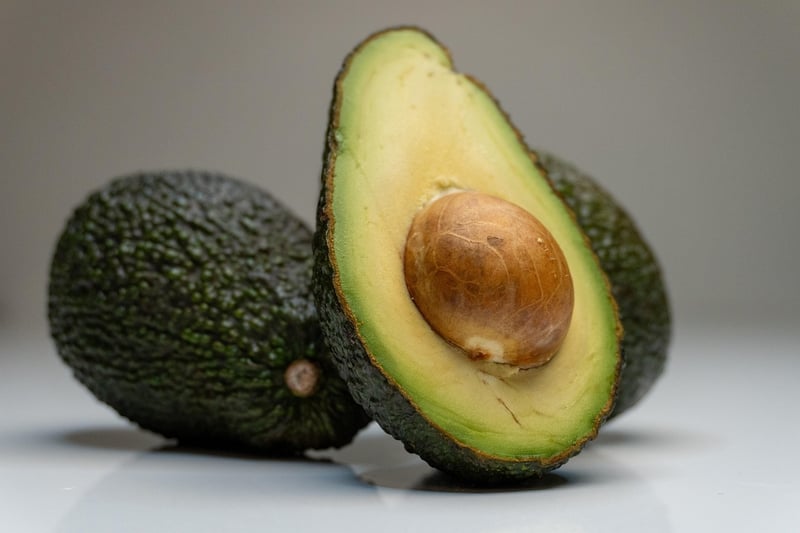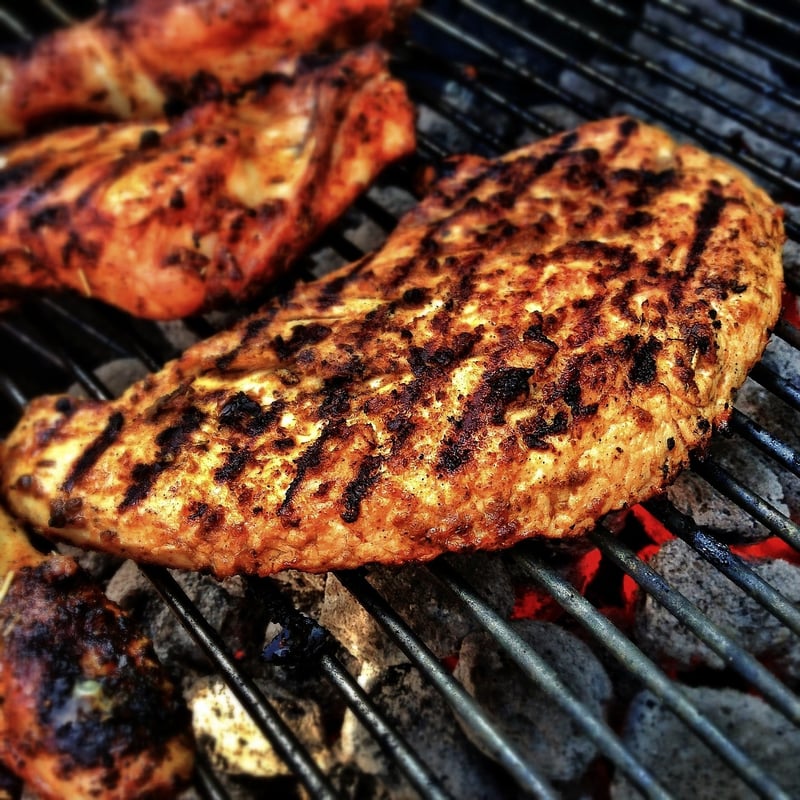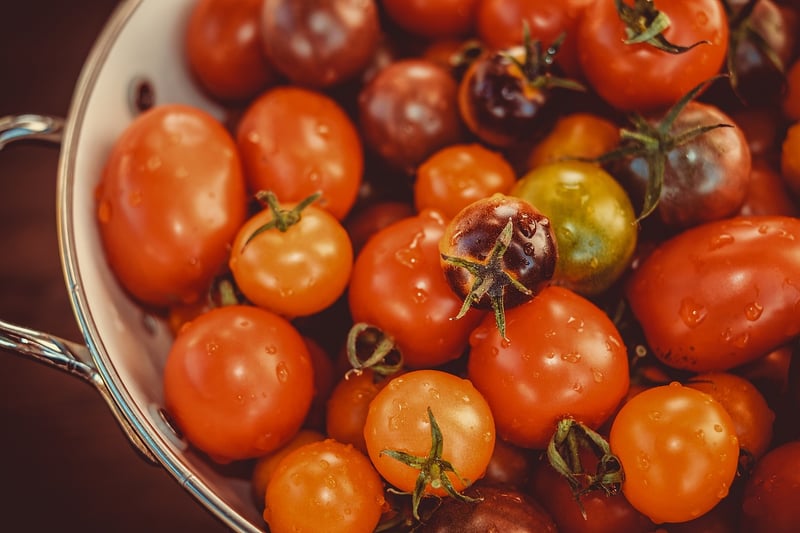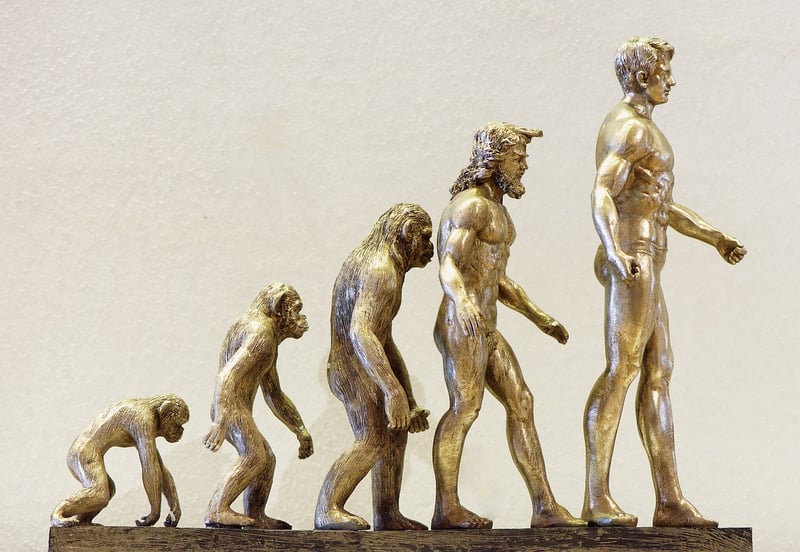Culinary Evolution
The Evolution of Gastronomy: A Culinary Journey Through Time
From ancient civilizations to modern gastronomic trends, the evolution of food and cooking techniques has shaped the way we eat and experience cuisine. Let's delve into the rich history of gastronomy and explore how culinary practices have developed over the years.
Ancient Origins
Food has always been a central part of human culture and history. In ancient times, civilizations such as the Egyptians, Greeks, and Romans laid the foundation for gastronomy with their unique ingredients, cooking methods, and culinary traditions.

Medieval Feasts
The Middle Ages brought elaborate feasts and banquets hosted by nobility. These grand events showcased the wealth and power of the hosts through extravagant dishes, spices from distant lands, and intricate table settings.

Renaissance and Enlightenment
The Renaissance period saw a revival of interest in art, science, and culture, influencing gastronomy as well. New world ingredients like tomatoes and potatoes transformed European cuisine, while the Enlightenment brought a focus on reason and experimentation in cooking.

Industrial Revolution to Modern Times
The Industrial Revolution marked a shift in food production and consumption. Mass production, refrigeration, and transportation revolutionized the food industry, leading to the rise of convenience foods and fast food culture in the 20th century.

Culinary Revolution and Fusion
Today, the culinary world is experiencing a revolution with a focus on sustainability, farm-to-table dining, and fusion cuisine. Chefs are pushing boundaries by blending traditional recipes with modern techniques, creating innovative and exciting dishes that reflect a global palate.

Join us on this gastronomic journey through time as we explore the evolution of culinary practices and savor the flavors of the past, present, and future.
References: History.com - Ancient Rome, The Metropolitan Museum of Art - Food in the Middle Ages, National Geographic - Medieval Feasts
